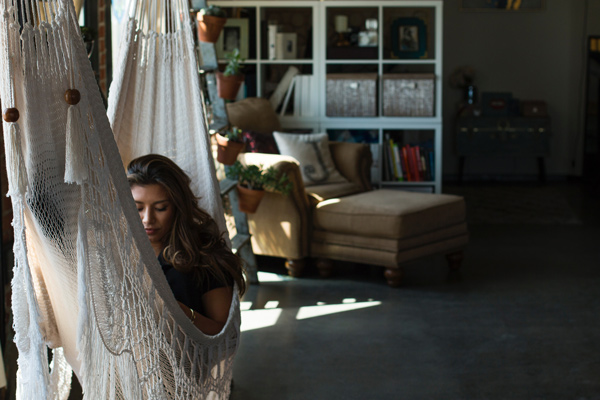Ah, books. Aren’t they great for losing yourself? But what if it gets a bit, well, same-y while you’re caught in your busy schedule? Before you know, you’ll start to wonder when the last time you read a book even was. No, don’t run away screaming! I know, I know, the idea’s terrifying, but if this is the case with you, you’re easily sorted out. Follow these tips to take your reading to the next level.
1. ‘She would sit and read most afternoons, often with a mug of hot chocolate beside her.’ – Roald Dahl, Matilda.
Make the time. Probably the most important thing to do, really. It’s all about the organisation. Set aside a certain slot, whether half an hour every week or every month, but keep to a realistic schedule. Regular practice is essential for rediscovering your favourite hobby. Also, and this is the hardest part, get off that laptop. Anything electronic is too distracting from the real focus: those precious books. (Hang on a minute, though. Websites are electronic. Oops. I, er, don’t suppose you’d finish this article before you switch off? Pretty please?)
2. ‘”What is the use of a book”, though Alice, “without pictures or conversations?”‘ – Lewis Carroll, Alice’s Adventures in Wonderland.
More than you’d think, actually. Tackle that really old and/or really long novel you’ve been avoiding for ages, and claim the bragging rights when it’s all over. Intrigued by the hype around the musical, I once ended up trudging through that whole section of Les Misérables detailing the Battle of Waterloo (why, Victor Hugo, why?!). By the time I got to the bit where the main story returned, I was feeling too euphoric to care that the rest of the plot was depressing. So, go and stretch yourself. I believe in you. The confidence boost is totally worth it.
3. ‘She’d read the dictionary all the way through. No one told her you weren’t supposed to.’ – Terry Pratchett, The Wee Free Men.
One challenge I’m taking on at the moment is Hilary Mantel’s notoriously confusing Wolf Hall. I get the point. I mean, eleven (!) different characters are all called Thomas. And then you come across words like this: ‘littoral’. What? I turned to my dictionary, and it apparently refers to the land around a shoreline (in this case, the banks of the Thames). So, when you’re reading, make sure you have a dictionary close by. You can look up new words, find their meanings, and increase your vocabulary. Even if you’ll never get to use it in everyday speech, at least you’ve learned something new.
4. ‘”There is always the other side, always.”‘ – Jean Rhys, Wide Sargasso Sea.
Speaking of new opportunities, have a go at reading different types of books. A few years ago, I wasn’t too impressed with the idea of dystopian fiction. Take The Hunger Games. Kids being forced to kill each other? It just didn’t sound like my cup of tea. But my friends increased the hype as each film was released, and I eventually succumbed to curiosity. Thank goodness I did. Suzanne Collins’ trilogy unlocked a whole genre for my (admittedly rather sensitive) soul. You get to experience styles of writing you never thought you’d like, and be pleasantly surprised by them.
5. “‘I am delighted with the book!”‘ – Jane Austen, Northanger Abbey.
It’s worth going back to something you’ve already read. Just like when you re-watch an episode of a TV drama, re-reading lets you pick up on interesting things you didn’t catch the first time. By reading more, you’ve opened your mind to each new word and every different genre. This in turn expands your attitude to old favourites. For example, on first reading the Harry Potter series, we believe any Slytherin to be completely evil. More experienced readers, however, may be able to see that this isn’t the case. It only happens because J. K. Rowling narrates from Harry’s perspective, who himself expects Slytherins to be evil. And all this makes you wonder just how powerful certain writing techniques can be. Such power…
So, now you know what to do, go and try out these tips. You’ll gain a deeper level of enjoyment, being now not only immersed in the story, but able to better appreciate both the writer and how writing works. Happy reading!
